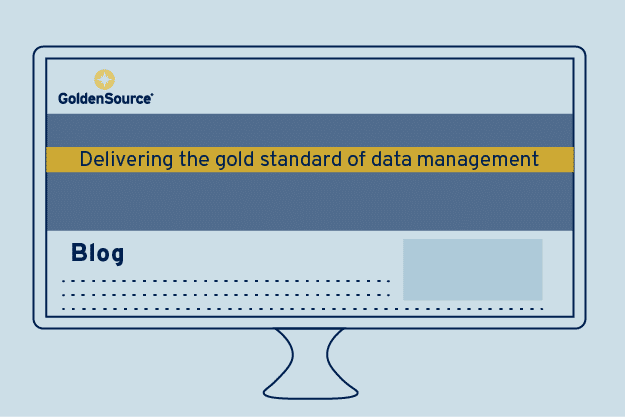Stemming the rising tide of data costs
When financial data practitioners get together, the conversation ultimately turns to the struggle for power in a fight against rising data costs. This held true during a recent Financial Information Services Association event in Sydney where practitioners voiced concerns that the industry continues to lose control over the shifting costs within their data contracts.
Data increasingly underpins critical functions for financial services companies that are looking for efficient growth amid increased regulatory demands. The same data that previously could be accessed for free is now appearing in contracts as a cost, and practitioners say they’re losing more control of contracts as vendors squeeze out any freebies.
The bait and switch
The practitioners liken it to a classic bait and switch: Future prices aren’t always included when a vendor is hired. Unless a practitioner has a contract that specifies the free-of-charge status of data, then this future exposure to increased costs may be predictable. When a certain data type becomes mandatory or where a clear line of sight develops between a data type and a way to either mitigate risk or enable better commercial decisions, then it will trigger a price review on the part of the supplier.
Usage audits by vendors will invariably identify repeated data use that falls outside of a contract and additional charges. Usage audits are practiced in many business sectors and are a component of the ‘land and expand’ business model.
Taking back control
Across GoldenSource, we have seen creeping data cost stopped in its tracks and companies win back greater control and insight into its consumption. There are ways to avoid unnecessary duplication of costs and to ensure that data users are aware of the impact of their usage. Companies can be assisted with metrics for cross-charging to their cost centre.
- Re-using data that still has a shelf life, rather than re-downloading, is a key to avoiding waste. Efficient request scheduling can be administered to meet the needs of a particular user and the needs for tracking what has been downloaded. A user must be able to specify the age tolerance of the data being requested.
- To deter carefree usage of data, a monitoring and permissions capability is required. This can be used to identify, set permissions, and eliminate the use of redundant data and avoid unnecessary fees.
These levels of oversight on the home front can help combat costly ad-hoc usage. Additionally, a company can capture valuable metrics about individual users’ consumption, which is not easy to extract from vendor invoices.
Fixing the problem
Building out increased control and insight capabilities such as these, and running them as a service can help financial data practitioners avoid costly technology investments. Capital investments after all could undermine their cost-savings.
Now might be a good time for data practitioners to continue their conversations and discuss the potential remedies for their situation.
Contact us to learn more

